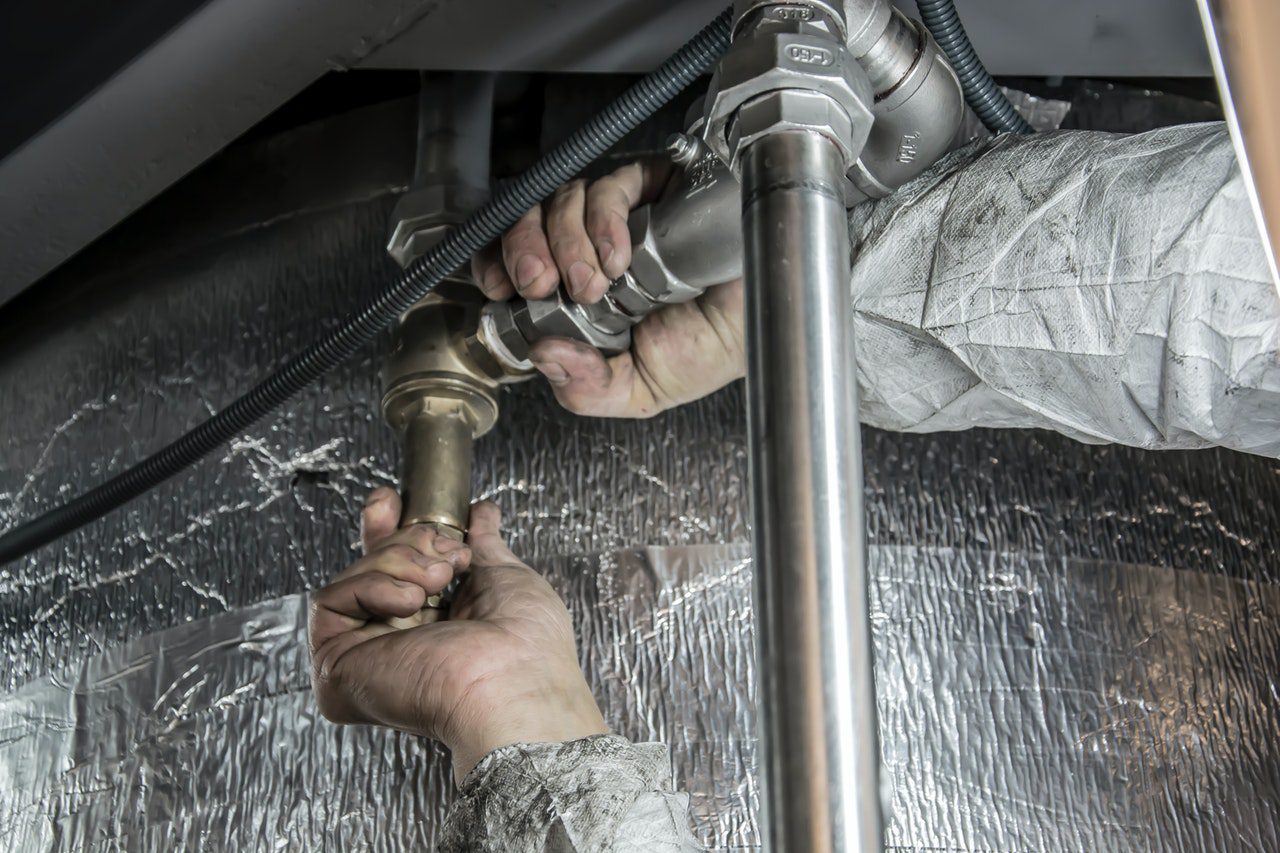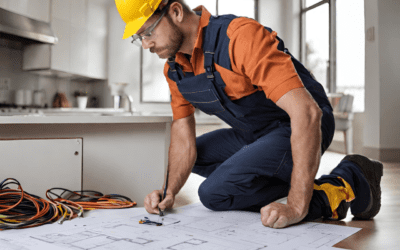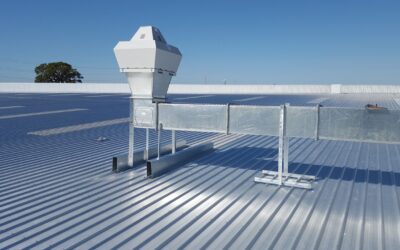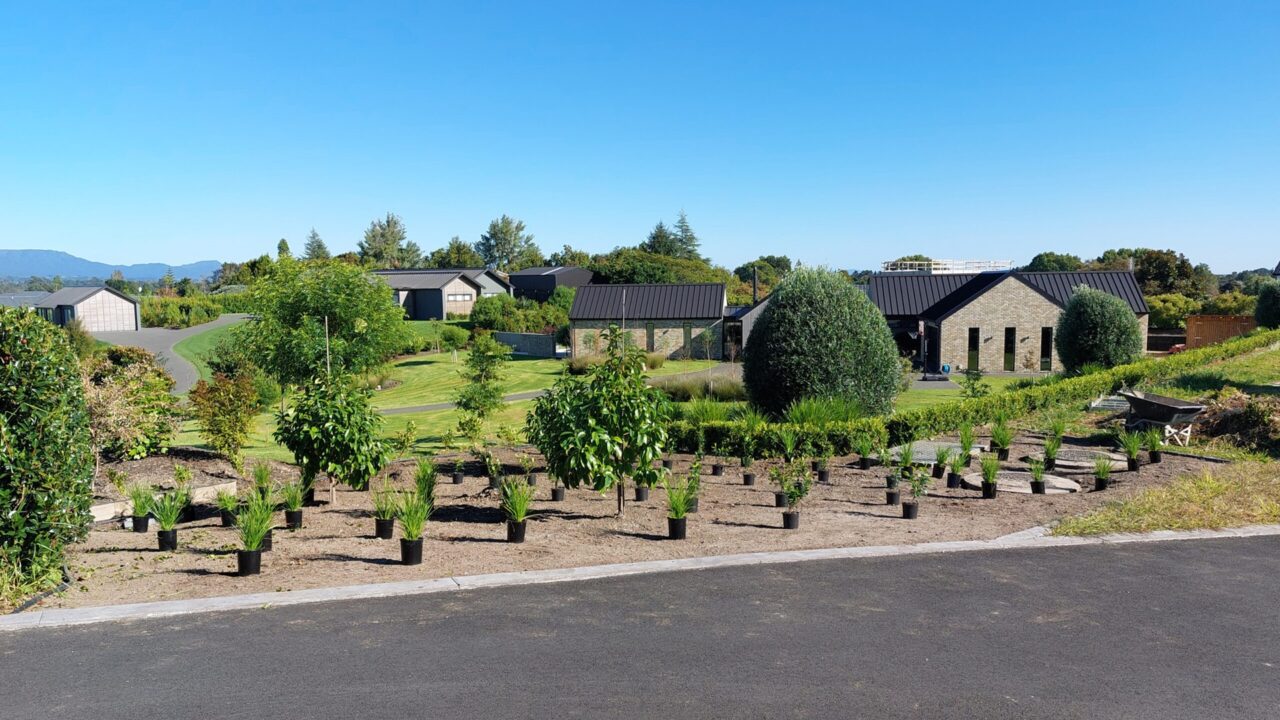A plumber is a technician who is responsible for the piping system in your house or office building. These people are responsible for the water-related needs in the house. They install water pipes that are needed for the water supply which helps in sanitation, drainage, sewage, and drinking water.
People require water for many household chores, including washing dishes, doing laundry, mopping floors, and so on. Any leakage or faulty pipeline would put a pause on these activities.
Plumbers who have trained under industry professionals and have good on-site experience will ensure that the pipes installed in your houses will not damage easily.
Throughout this article, we have explained the various duties of plumbers. We have also mentioned how plumbers get their degrees and why you should always have a plumber’s contact with you.
What Does a Plumber Do?
A plumber is a person who installs and fixes the water or gas pipes in your house. When they are installing pipes in a new building or house, then they first prepare a blueprint of how they are going to install all the pipes. They work out all the details with the house owners and the construction crews. They explain how the pipes will get connected and provide water for different purposes.
When they are fixing pipes in an already constructed house, then they either fix the pipes as they were or they make some new changes according to the instructions of the house owners.
There are some sets of skills that plumbers should know, these include:
- Technical Skills: Plumbers should have an understanding of the tools and machinery they will use in their work. They should have a handy grip on plumbing tools like wrenches, cutters, seals, pipes, and tapes.
- Physical Skills: Plumbing work requires the worker to be physically fit. The work requires them to use heavy tools and equipment. They have to be flexible and use their strength to repair pipes.
- Communication Skills: As a plumber, a person should know how to effectively deliver their message. Sometimes what they think is the best option and what their clients want are not the same. In such a situation, there might be a clash between the two parties. Keeping personal feelings aside, the plumber has to communicate professionally.
- Problem-Solving Skills: A plumbing job requires plumbers to solve complex problems. For instance, a potable water problem in a residential building would require plumbers to be quick at thinking and solving the problem.
Plumber Job Duties and Responsibilities
The plumbing job requires a plumber to maintain, fix, install, or repair water and gas pipes in people’s houses. Their work includes many duties and responsibilities that they have to carry out for an excellent working pipe system in a house.
Here are a few of the job responsibilities and duties plumbers have:
- Reading blueprints and understanding the pipe installation plan.
- Determining the source of gas or water leakage.
- Fixing the gas pipes in the kitchen and dishwashing pipes.
- Fixing faulty faucets in sinks, kitchens, and bathrooms.
- Keeping a record of the material and labour used in a project.
- Keeping a record of the fixes, installments, and repairs.
- Cleaning dirty and clogged drainage or sewage pipes.
- Estimating the costs of their work.
- Ability to use heavy tools and equipment.
- Communicate with house or building owners.
- Working in coordination with other technicians, carpenters, painters, or the constructing crew.
- Devising new plans for installations when needed.
- Responding to emergency calls from clients.
- Keeping a professional and cordial relationship with their clientele
- Ensuring the safety of their co-workers.
- Using the tools safely and turning off the plug of drills and other gears when they are not being used.
- Reporting to their supervisors in case of an unsafe working environment.
How Do You Become a Plumber
To become a plumber, an individual has to follow the following steps:
- Education: People who want to be plumbers need to have a high school degree. If they do not have a high school degree, then they can do GED and start preparing for further certifications and vocational studies.
- Certification: Depending on the state and region you live in, you should opt for a college degree or get a certification in vocational training. Through this certificate course, you can learn about pipes, drainage systems, how to use tools, and so on.
- Apprenticeship Training: When you have received the vocational training certificate, you will need to enroll in an apprenticeship training program. Here the plumbers gain work experience, they work with an employer. The training period is 4 to 5 years. You will learn many of the job duties as a part of the training.
- Getting a License: If you want to continue your practice as a plumber, you will have to get a license to be able to work. Working without a legitimate license could get you in trouble with the state or regional authorities.
A plumbing job includes many risks, but if you have an interest and want to work in this field, you will make a decent career out of it. Plumbers get paid according to their location and work experience. When you start your job as a new plumber, it might be difficult to find work since people will always opt for an experienced worker. Therefore, you should gain enough experience when you work under an established employer.
The average annual salary of plumbers is $50,000 in the US, $70,000 in New Zealand, and £30,000 in the UK.
Plumber Vs. Master Plumber: What’s The Difference
In professional terms, master plumbers are above the standard of general plumbers. To become a master plumber, one has to take an examination. The criteria for appearing in the examination include: having vocational training or apprenticeship training for 2 to 4 years. The guidelines for taking this examination may differ from state to state.
The examination syllabus includes thorough knowledge of topics specific to plumbing such as, how to take on plumbing challenges and what are the plumbing codes. Other particulars that an examinee should know about deal with communication and signing contracts with the clients.
The experience level of master plumbers is more than that of apprentices. Basically, all the master plumbers have to complete their apprenticeship to apply for the master plumber’s position. It is not necessary that a person become a master plumber as soon as their apprenticeship gets over. They can take some time, and gain industry experience for some more months or years. When they feel like they have enough knowledge to go to the next step, they can start preparing for the exam.
As an apprentice, there is no need for you to be licensed. But when you become a master plumber, you should have a plumbing license. There are some licensing requirements without which you won’t be permitted to practice professionally. There should be proof of prior work experience, liability insurance, and proof of compensation and bonding of the worker.
5 Benefits of Hiring an Emergency Plumber
- Ensuring your safety: Professional plumbers do their job safely. Any kind of plumbing emergency can be extremely hazardous to you or your family. Instead of fixing a leaky faucet in your kid’s room by yourself through the use of some DIY methods, hire a professional plumber who would fix the faucet immediately.
- Experienced workers: Because these emergency plumbers have had long years of industry experience, you won’t need to worry about any errors in the fixes. These plumbers may have worked on a similar problem before. So repairing some pipelines in your house wouldn’t take them much as they would already have a ready action plan.
- 24/7 availability: Hiring emergency plumbers means that they will be there when you need them. For instance, if you have a family gathering in your house and the pipeline in the kitchen bursts. You can call the plumber, and they will be at your door shortly.
- Saving money: Just because you are hiring a professional does not mean they will charge you a huge sum of money. Many plumbing companies offer packages that are affordable for a small household’s needs. They attend to the matters before the problem gets out of control, and that saves your wallet from going empty.
- Professional advice: Many plumbers claim that they’ve got full knowledge and experience of the plumbing requirements. These claims can’t be trusted all the time. However, trusted emergency plumbers can give you factual advice and tips to keep your pipes clean and leakproof.
How to Get a Plumbing Apprenticeship NZ
The plumbing apprenticeship has a period of five years in NZ. The Skills Organization deals with plumbing apprenticeships. Whereas the Apprenticeship Training Trust or the ATT and Masterlink employ the apprentices and provide them with the necessary training.
These are the following requirements a person would need to get a plumbing apprenticeship in NZ.
- Education Requirements: Knowledge of subjects like – English, math, physics, design, visual communication, construction, and mechanical technologies till the NCEA Level 2 is required. The school kids in years 11 and 12 should gain industry skills by acquiring a National certificate in building, construction, and allied trades when they are in their BConstructive Programme. After gaining the certificate, you will need to do a whole five-year apprenticeship.
- Personal Requirements: Effective communication skills, organizational ability, analytical knowledge, and a driving license are recommended. In addition to that, the workers should also have a desire to work in a team, and the ability to handle the plumbing equipment with extreme care.
- Physical Requirements: A plumber needs to be fit and they should have enough strength to lift the pipeline and machinery. Plumbing work can happen in any type of physical location, at extreme heights, or in small confined spaces. Therefore, the worker should have the ability to carry out the tasks in these conditions.
The Best Plumbers Tauranga
Here are the 3 best plumbers in Tauranga city.
- JT Plumbing Drainage and Gas: JT Plumbing has been in the industry for more than two decades. The plumbing company is located near the Bay of Plenty. They provide plumbing services in Tauranga, Mt Maunganui, Papamoa, and other neighboring areas of the Bay of Plenty. The company installs gas pipes, deals with emergency gas leaks, renovates bathrooms, handles drainage problems, and installs a drainage system in a new house. Customers have given great reviews of JT Plumbing, they are friendly, and approachable, and they are always quick to resolve their client’s concerns.
- Smart Plumbing: Smart Plumbing has had an experience of almost a decade in the plumbing industry. Their services include: upgrading sinks and shower caps, fixing and upgrading laundry pipes, fixing and cleaning gutters, fixing gas cylinders, and replacing water filters. They charge reasonable prices, are friendly, and provide beneficial solutions.
- Eco Plumber Gasfitter: Eco Plumber Gasfitter provides their clients with installing and repairing gas appliances, repairing water filtration systems, and installing and repairing solar water heating systems. The company was established in 2008. According to their customers, the Eco Plumber Gasfitter employees are well-trained, professional, and knowledgeable. They look at the problems in detail and explain everything to their clients.
The Takeaway
Plumbers are responsible for handling the water, gas, and other piping issues in a house, commercial building, or residential building. To become a plumber, one would need to have some skillsets and special education and training related to the field.
Plumbers have many duties and responsibilities that ensure their safety and the safety of their clients. They should know the working of all the tools and equipment they will need to do their work. They should maintain records of their plumbing works and contracts. Furthermore, they should communicate with other industry professionals.
To get a plumbing apprenticeship in New Zealand, you can study for certifications from school years and go ahead from thereby applying to apprenticeship programs.
The educational training one needs is different across the states, if you want to get a job in this industry you should follow the necessary steps. Completing the training program and doing an apprenticeship will give you real-world plumbing experience.

Featured Image Credits: Pexels
About the Author

Shristi Patni
Content Writer
Shristi is a content writer and owner of F and B Recipes and Snazzy Women. When not writing, she can be found reading or trying new recipes.






